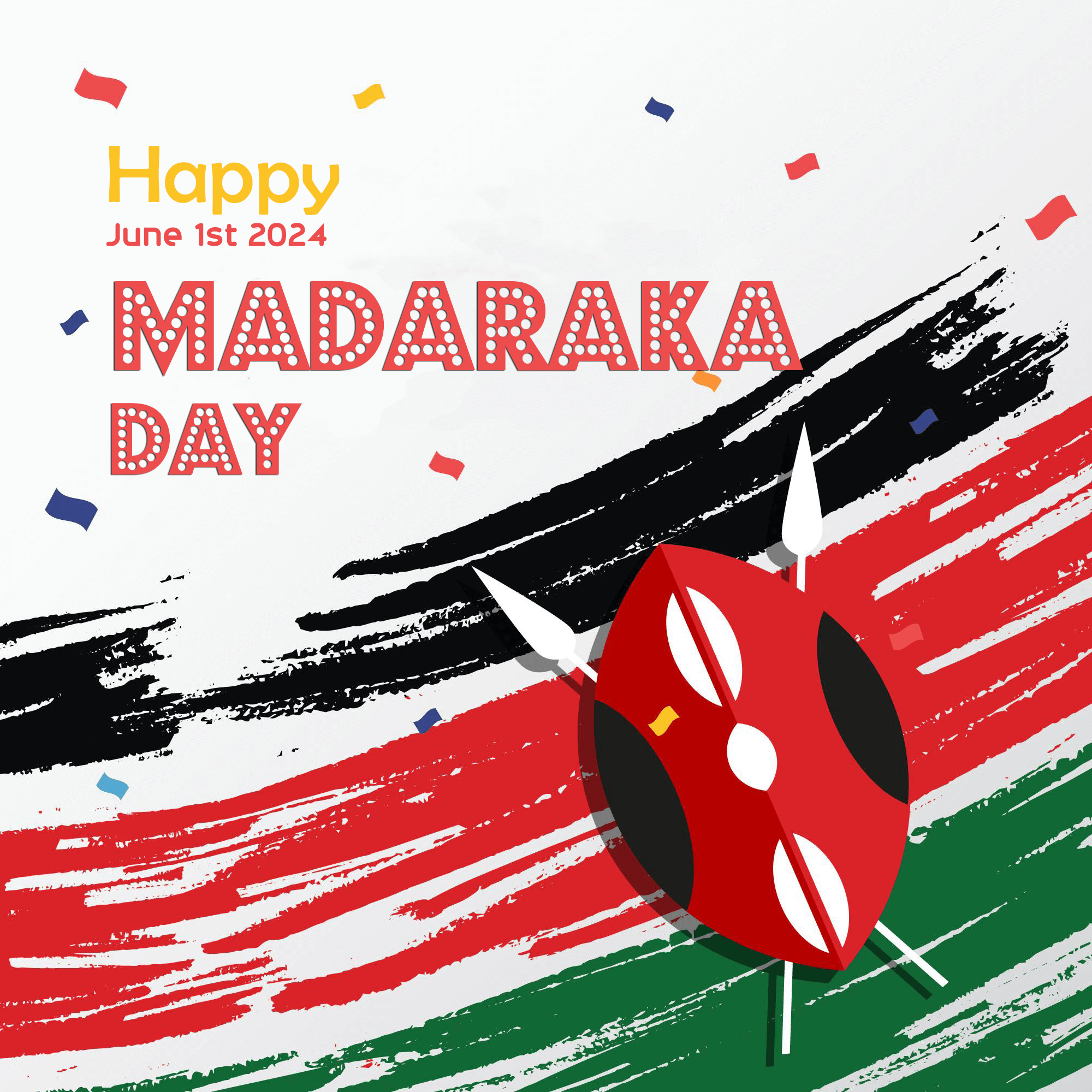
Madaraka Day: What It Signifies in Kenya
Madaraka Day, celebrated on June 1st every year, is a significant public holiday in Kenya, celebrated on June 1st every year. It marks an important milestone in the country’s history and holds great cultural and national importance.
What is Madaraka Day?
Madaraka Day commemorates the day in 1963 when Kenya attained internal self-rule from British colonial rule. The term “Madaraka” is derived from a Swahili word meaning “authority” or “responsibility.” This day marks the beginning of the transition towards full independence, which was later achieved on December 12, 1963.
Historical Background
Colonial Era
Kenya was a British colony from 1895 until the early 1960s. The struggle for independence was marked by political activism, resistance, and the Mau Mau uprising, which played a crucial role in pushing the British government towards granting self-rule.
Path to Independence
- Internal Self-Rule: On June 1, 1963, Kenya was granted internal self-rule, meaning that Kenyans could now govern themselves, although they were still under British oversight.
- Full Independence: Later that year, on December 12, 1963, Kenya achieved full independence and became a republic on December 12, 1964, with Jomo Kenyatta as its first President.
Significance of Madaraka Day
Celebration of Self-Governance
Madaraka Day is a celebration of Kenya’s self-governance and the end of colonial domination. It symbolizes the Kenyan people’s ability to govern themselves and make decisions for their nation’s future.
Recognition of Freedom Fighters
The day is also a tribute to the freedom fighters who sacrificed their lives and endured hardships to achieve independence. It is a time to honor their bravery and dedication.
National Unity
Madaraka Day fosters a sense of national unity and pride among Kenyans. It reminds citizens of their shared history and the importance of working together to build a prosperous future.
Reflection on Progress
This day offers an opportunity for Kenyans to reflect on the progress made since attaining self-rule. It encourages discussions about the country’s achievements and the challenges that still need to be addressed.
How Madaraka Day is Celebrated
Official Ceremonies
Madaraka Day is marked by official ceremonies held across the country, with the main event usually taking place at a significant location, such as a national stadium. These ceremonies often include:
- Speeches: Addresses by the President and other political leaders.
- Military Parades: Showcasing the strength and discipline of the armed forces.
- Cultural Performances: Traditional music and dance performances celebrating Kenya’s diverse cultural heritage.
Community Events
Local communities organize various events, including:
- Sports Competitions: Football matches, athletics, and other sports events.
- Educational Programs: Schools and organizations host events to educate people about the history and significance of Madaraka Day.
- Cultural Festivals: Showcasing local traditions, food, and crafts.
Public Participation
Kenyans from all walks of life participate in the celebrations. It is a public holiday, allowing families to come together and celebrate their nation’s achievements.
Madaraka Day is a vital part of Kenya’s national identity, celebrating the country’s journey to self-governance and independence. It honors the sacrifices of freedom fighters, fosters national unity, and encourages reflection on Kenya’s progress. As Kenyans celebrate Madaraka Day each year, they renew their commitment to building a stronger and more prosperous nation
